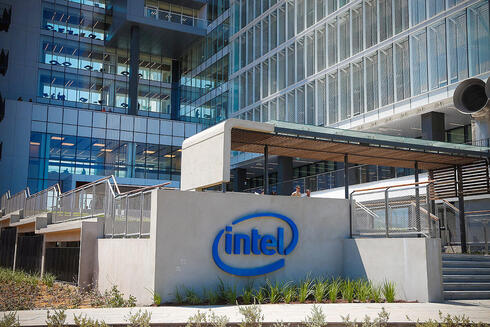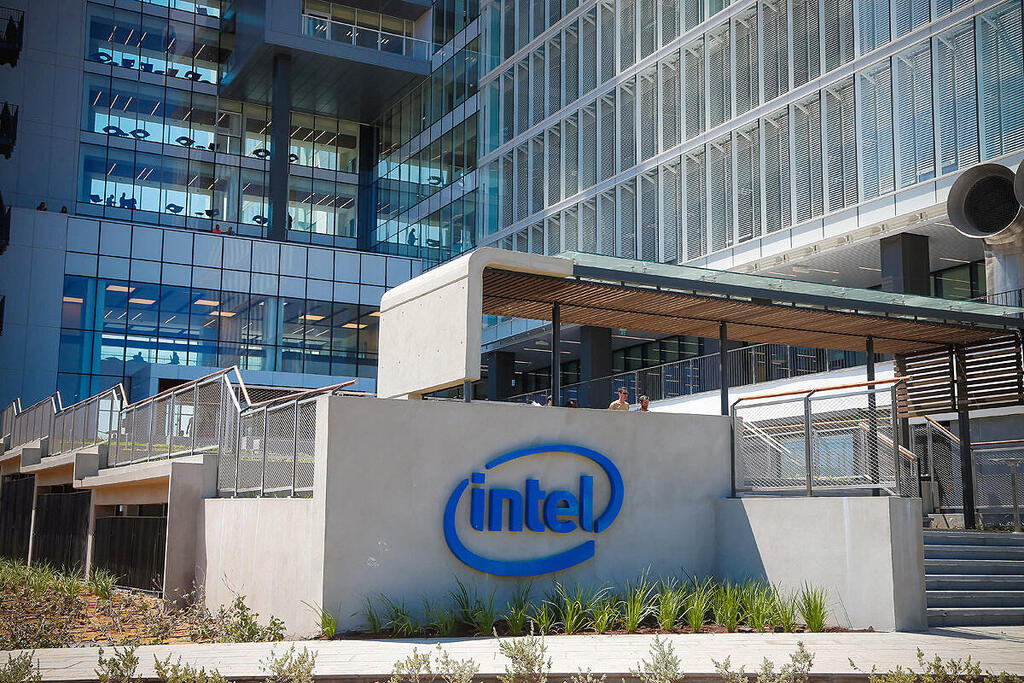
Opinion
Will we ever know how many employees Intel is laying off in Israel?
In the U.S., companies are required to reveal mass layoffs by law, but in Israel, they are free to keep the public in the dark. This discrepancy raises concerns about the accountability of tech giants and leaves the likes of Intel Israel employees in limbo.
As Intel executes its global layoff of 15,000 employees, workers in Israel find themselves in an unsettling position. While American employees are learning their fate with detailed disclosure, thanks to U.S. federal laws requiring transparency in mass layoffs, Intel’s Israeli workforce is left in the dark. Despite hundreds of jobs expected to be cut, Intel has no legal obligation to reveal the exact numbers to the public in Israel.
This disparity highlights a broader issue in Israel’s booming tech sector: the lack of transparency and accountability from multinational corporations during major workforce reductions. In the U.S., Intel has already cut over 2,250 jobs across several states, with precise figures made available to the public. In Israel, where Intel is the country’s largest private employer with around 11,700 employees, workers won’t know who is being let go until the last week of October, following the Jewish holidays. But even then, how many workers will actually lose their jobs may remain shrouded in mystery.
Israel has long benefited from hosting tech giants like Intel, whose presence boosts the local economy, fosters innovation, and provides thousands of high-paying jobs. However, with great influence comes great responsibility. Corporations like Intel should be held to higher standards when it comes to transparency, especially when making decisions that impact entire communities. Mass layoffs are not just an internal company matter—they affect families, local economies, and the nation’s workforce as a whole.
Intel’s decision to withhold layoff numbers in Israel, and in Ireland for that matter where around 700 employees are reportedly set to be let go, raises critical questions about corporate governance in the country’s tech industry. Shouldn’t tech companies, particularly those with significant influence over Israel’s economic landscape, be required to disclose the full scope of job cuts? In the absence of U.S.-style laws, Israeli employees are left vulnerable, uncertain of their future, and without the clarity that their American counterparts receive.
Intel’s layoffs are part of a larger $10 billion cost-cutting plan aimed at slimming down the company and preparing it for long-term growth. But for the employees whose jobs are on the line, this corporate restructuring is more than just numbers on a balance sheet—it’s their livelihood. As Intel pushes ahead with its global downsizing, it’s time for Israel to rethink its labor laws and demand greater transparency from tech giants during times of mass layoffs.
Israel’s rise as a tech hub is a remarkable achievement, but with that success comes the need to protect its workers. Transparency during layoffs should not be optional; it should be the standard.















